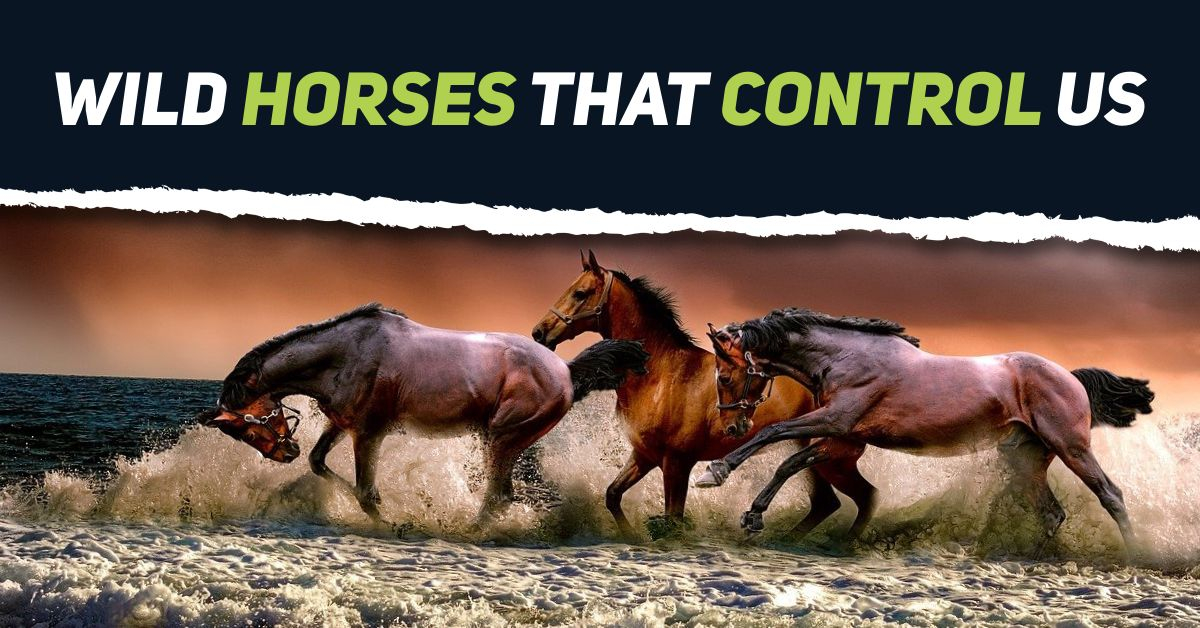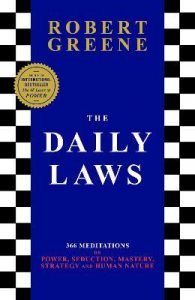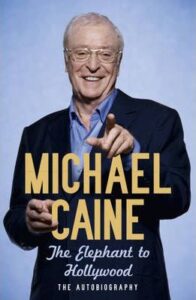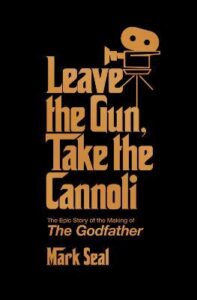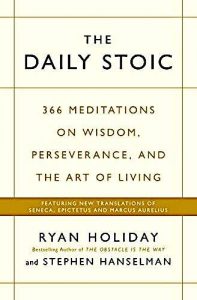“And I looked and behold a pale horse: and his name that sat on him was Death, and Hell followed with him.”
The is nothing quite like sitting on your own, in a dark room surrounded by strangers. The air is filled with expectation and the smell of popcorn. Of course its a movie theatre. I found myself with a rare weekend to myself. I had seen the small black and white promo feature in the entertainment area of the local newspaper. It has just taken the four words – Clint Eastwood – Pale Rider – to take me to the local. I knew nothing about the story or the film, which is how I like it. To have the story unfold, just like the creators planned. I love everything being fresh to the eye and the senses.
With the mood filled ominous music that starts the story, you are held to the end of this homage to the legendary 50’s western “Shane”. And as our quote at the head reads – Hell did follow him – at least for the “Baddies”. It is Eastwood at his best.
Horses remind me most often of two things – the famous quote “You can lead a horse to water, but you can’t make it drink”, and an auditorium packed with 5000 people.
On a stage which previously housed every big-named rock group including the Beatles in 1964, the 1956 Melbourne Olympics, plus world championship wrestling, the audience this time was in for an exceptional treat. They watched a short documentary about Morris Goodman, who in 1981 crashed his light plane into some power lines. Morris broke his C-1 (atlas) and C-2 (axis) cervical vertebrae and was left fully paralysed. He could not breathe, talk, or swallow on his own, and could only communicate by blinking his eyes.
In the previous ten years, he had gone from college dropout to the Million Dollar Round Table. The Round Table is a trade association in the insurance industry where the agent has sold One Million dollars of life insurance in a year. Regardless of who you are, someone’s life can be changed in an instance.
Morris was in the fight of his life. A fight – even his wife walked away. The Documentary covered Goodman’s intense motivation and strategies he used to learn how to walk, talk, and breathe on his own again. He trained his abdominal muscles to take the place of his lost diaphragm nerves. He does everything he was told he would never do again – A true Miracle Man. Is he running marathons or doing everything he was doing before; possibly not but a lot more than he was told he could do.
The audience was riveted in their seats; people give this short 20 min film a standing ovation. It is that moving. However, as one of the event producers, I was privileged to know one thing extra – we had Morris hidden behind the stage curtain – waiting on our cue. We had a live camera feed from backstage which we dummied up to look like a live satellite cross that we switched to at the film’s close to intensify the moment. As Morris Goodman began to speak and say hello to the audience, he turned, opened the curtain, and stepped onto the stage. The audience when ballistic.
I had the privilege to look after Morris Goodman the next day and take him to the airport. I spent four hours one on one. I wanted to know his mind. We talk about goal setting his novel ideas around that subject, and the power of The Horse. Morris uses the horse as a metaphor for the subconscious mind.
Growing up in the US Goodman had seen the development of the “Dude Ranch”. A country business in the tourist industry originated around giving the “city folk” a taste of the “old west”, horse trail riding, and country life. The owners of Dude Ranges, knowing that they were dealing with people who lacked any real skill trained the horses to follow the trail and return to it anytime the unskilled client would make a mistake. The horse would always come home.
Morris saw our unconscious mind in the same vein. We could try to override it with our conscious mind. However, it will always return to what it knows, regardless of whether that behaviour is good for us or not. If we can become aware of those unconscious drivers, we can then change them, so the risk of self-sabotage is negated. But we must be prepared to spend the time and be ready to question why we do what we do. It won’t take to long to find that fear is generally a deep foundation for those behaviours.
Which brings us back to our quote –
– “You can lead a horse to water, but you can’t make it drink” – it has a will of its own – However, you can “salt its oats”. In other words, you can increase its motivation.
Given we all have a “horse inside” of us, what can you do? As you know, there are two primary sorts of motivation – the carrot and the stick. Unfortunately, most of us rely on the stick far to often to get us to change. I have a dear friend who refused to change his drinking habits despite all the kindness and support from friends and family. He finally changes that habit after a drink driving accident that cost him is a car, his savings, and a year of walking and catching public transport to make the real change. But don’t be too eager to point the finger, we all have these faults going on all the time.
The carrot is a more superior option. One of the easiest ways to create a carrot motivation is associating with people going in the direction we wish to move. The atmosphere will drag us along. Take a proactive approach. Look to find the motivation that is greater than our fear of change.
We have all been there – we see “that person”, the love of our life – across the crowded room. The burning desire overrides any fear we may feel, regardless of any result.
I have concluded though that some people we can take them to the water, we can salt their oats, but in the end, they would rather die of thirst. They would rather die than give up a way of being than to change. – regardless of the suffering.
And Hell, and Death does follow that Pale Horse.
They would rather die of thirst, have a shortened life than to change.
Remember these horses are and can be present in us all.
Pain is inevitable; suffering is a choice.
In “Pale Rider”, there are opportunities where antagonists (the villains) have the chance to change go be different to do the right thing but refuse, and Clint Eastwood then does his thing. Like an avenging god, He leaves a trail of death and destruction; he visits hell on those who refuse to change.
But like the villains of our story, we too have had our oats salted; we are given countless opportunities and gentle nudges to move in a particular direction. Each time we turn the chance to change down, it gets harder the next time. Life progresses, and the strength and energy to move in a better direction are weakened, until it may be barely a whisper of possibility.

I believe one of the hardest things to witness is someone who chooses to die of thirst.
However, as long as there is life, there is hope. But the clock is ticking.
A small but simple stretch can be the beginning of something great – you may get to taste the sweetness of the water.
Inappropriate continued fear leads to rigidity of mind and body.
Something to think about.
Resources:
Centrepointe – My number one recommendation for increasing awareness.
The Miracle Man – By Morris E. Goodman
Photo by Anudariya Munkhbayar on Unsplash
